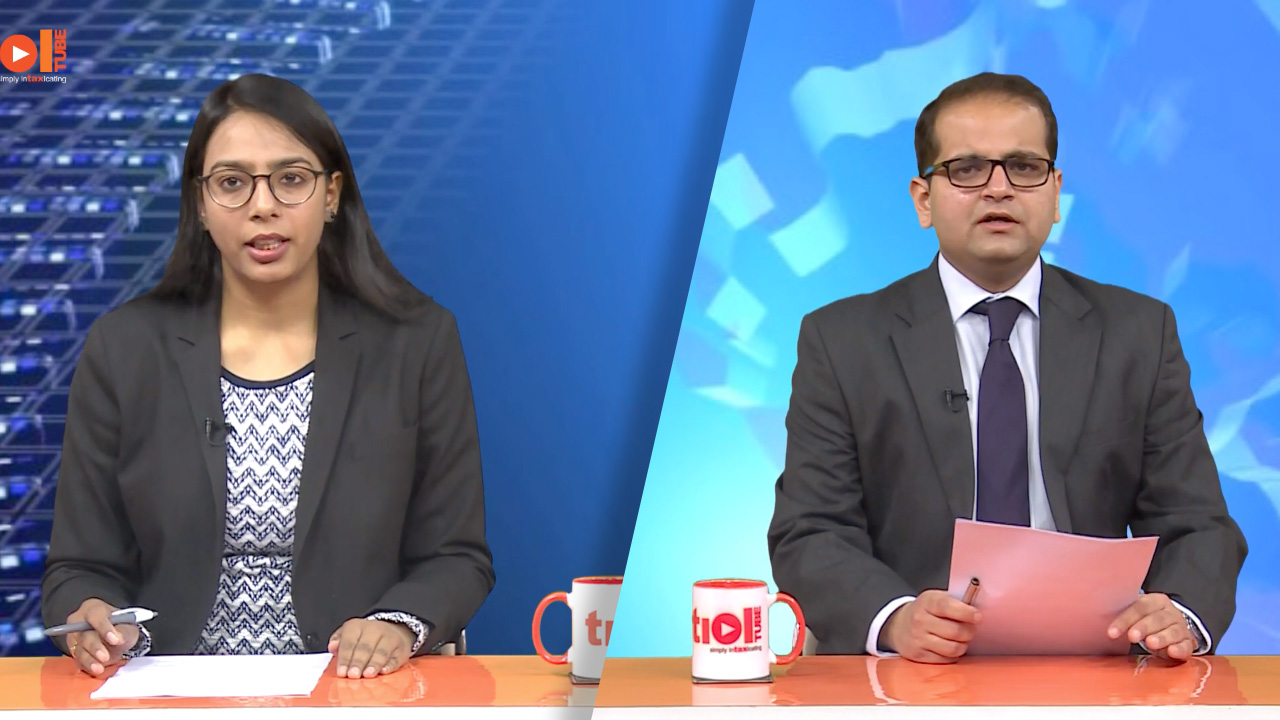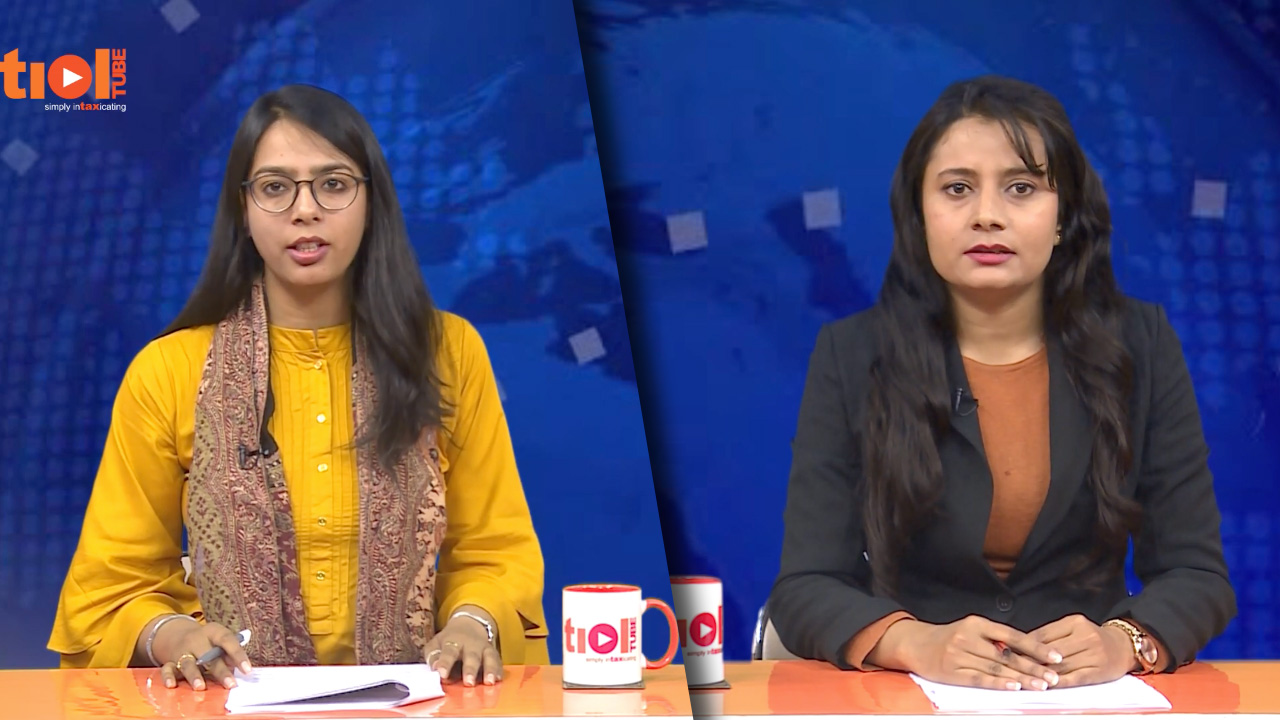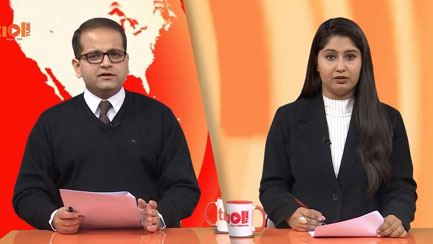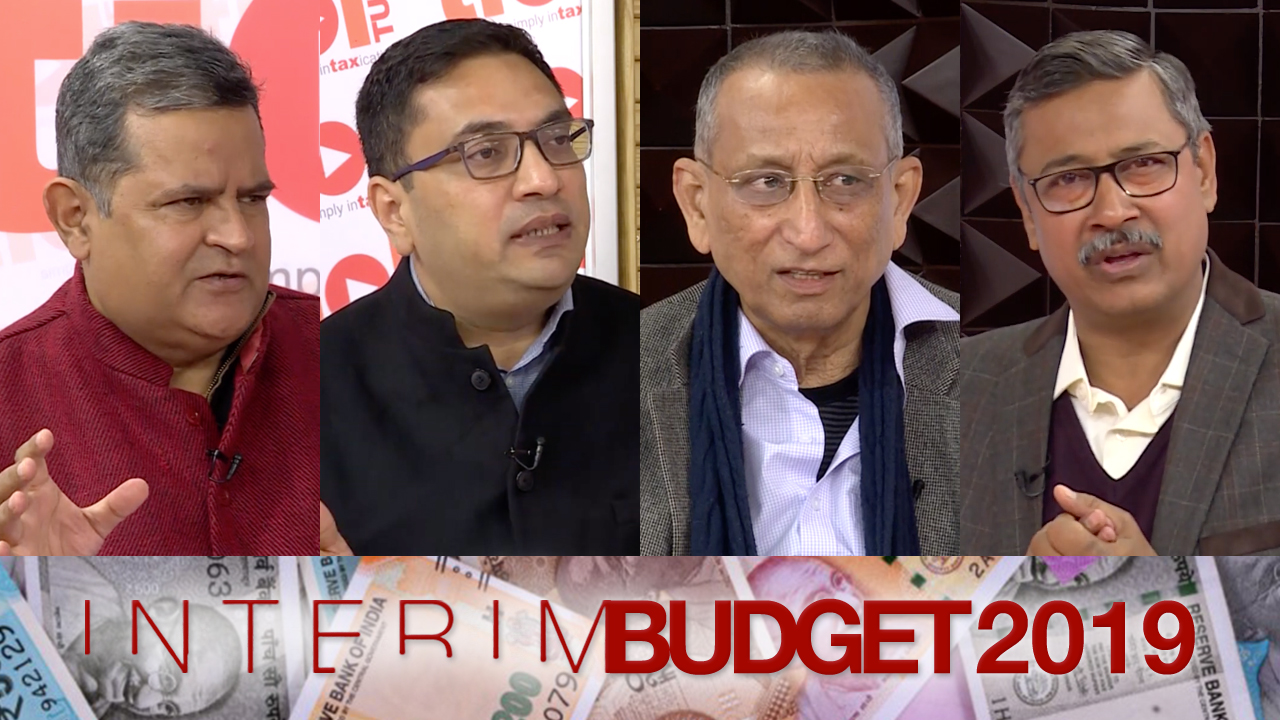|
SERVICE TAX
2019-TIOL-641-CESTAT-KOL
Timken India Ltd Vs CCE
ST - The assessee had entered into a Technology License and Technical Assistance Agreement with Timken, USA which in fact an expansion of an earlier Technology License agreement entered into between the same two parties - As per agreement, assessee desires to acquire license to manufacture products manufactured with use of Timken (USA)'s proprietary technical information and to service the products by using Timken (USA)'s proprietary technical information - Department alleged that assessee is receiving "Franchisee service" and they are liable to pay service tax under reverse charge mechanism - A plain reading of contract makes it clear that agreement between the assessee and Timken (USA) is not limited to use Timken's Intellectual Property i.e. proprietary technical information, knowhow for manufacture of products and for service of main products as is defined in intellectual property service - Rather the various terms of contract indicate that the assessee has to represent Timken (USA) to their various customers in such a way that assessee looses its own individual identity and would perhaps be known only by the identity of Timken (USA) - The services availed by assessee are more akin to franchise services rather than intellectual property right service - While holding said view, Tribunal refer to the Delhi High Court judgment in case of Delhi International Airport P. Ltd. - 2017-TIOL-394-HC-DEL-ST .
ON the issue of limitation, as the assessee is working in the era of self-assessment and therefore the responsibility lies with them to classify the service availed/provided by them correctly and if any confusion or difficulty they are certainly free to approach the revenue authorities for necessary clarifications - Assessee has not come clear on this aspect and therefore extended time proviso for demanding service tax has rightly been involved in their case - No infirmity found in impugned order, same is upheld: CESTAT
- Appeals dismissed: KOLKATA CESTAT
2019-TIOL-640-CESTAT-ALL
Dish Tv India Ltd Vs CC, CE & ST
ST - The assessee is engaged in providing Direct to Home (DTH) Service which is classifiable under 'Broadcasting Service' - It appeared to revenue that assessee had been short paying service tax - It was noticed by revenue that assessee had engaged distributers for marketing their DTH Services - The distributers were further authorized to appoint dealers - The dealers used to contact the subscriber and collect subscription from subscribers - The Original Adjudicating Authority has treated the amount retained by dealers as expenditure incurred by assessee - He has further resorted to said Rule 5 of Service Tax (Determination of Value) Rules, 2006 for confirmation of service tax - Assessee has relied on the ruling of Supreme Court in case of Intercontinental Consultants & Technocrats Pvt. Ltd. - 2018-TIOL-76-SC-ST wherein it is held that in the valuation of taxable service, the value of taxable service shall be the gross amount charged by service provider for such service and the valuation of tax service cannot be anything more or less than the consideration paid as quid pro qua for rendering such a service - Therefore, demand of Rs.24,57,55,162/- along with interest and equal penalty is set aside - In respect of demand of around Rs.4 crores, as per the terms and conditions entered into between the subscriber and the assessee through subscriber's application form, assessee is bound to refund security deposit of Rs.400/- per viewing card if it is claimed within 15 days from the end of the service and if it is returned in functional condition - Said amount is treated as security deposit in the books of account of assessee - Revenue should have investigated as to whether any subscriber had returned the viewing card within 15 days of end of service and whether the assessee have refused to return the deposit - Tribunal do not find any such investigation carried out by revenue - Therefore, the presumption of revenue that there was no evidence of return of any security deposit was not sufficient ground to conclude that the said amount of deposit was liable to be subjected to service tax - If no subscriber has terminated receipt of service there would not be any occasion to return security deposit - Therefore, without investigation as to whether assessee has refused to refund security deposit to any person who has terminated services, it cannot be presumed that the said amount collected as security deposit, should be treated as consideration - Demand of service tax along with interest and equal penalty is set aside: CESTAT
- Appeal allowed: ALLAHABAD CESTAT
2019-TIOL-639-CESTAT-MAD
Bnp Paribas Global Securities Operations Pvt Ltd Vs CGST & CE
ST - CENVAT Credit - Rule 2(l) of CCR, 2004 - Whether event management service, maintenance service, service tax paid on renting of bed sets/sheets, services for lab testing of food in the canteen are Input services - Appellant submits that event management services were availed for conducting annual function of the company; that maintenance charges were paid for maintenance of the premises; that during the floods in November 2016, the houses of the employees were submerged in water and they could not go back to their residence for almost ten days; that the company had to provide bet sets and bed sheets to them and which were taken on rent and the supplier had collected service tax from the appellant; that the same is related to the output service provided by the appellant and, therefore, the credit is eligible.
Held: Appellant is a BPO service provider and have to undertake such annual day functions, therefore, credit availed in respect of event management service is eligible; maintenance charges are incidental to the renting of immovable property and hence eligible for credit - With regard to service tax paid on bed rental charges as the invoices do not indicate details of such bed rentals, appellant submitted that they would be able to furnish documents to substantiate that these are used for providing output services, hence the said matter is remanded to adjudicating authority - credit in respect of lab testing of food in the canteen is upheld as appellant has not contested - appeal partly allowed and partly remanded with consequential relief: CESTAT [para 5.1 to 5.4, 6]
- Appeal partly allowed/remanded: CHENNAI CESTAT
CENTRAL EXCISE
CX - Rule 12B of CER, 2002 - Notification 35/2003-CX - Appellants' liability is not only in respect of the clearance of that job worker whose clearance was greater than the limit of Rs.25 lakhs but in respect of the entire aggregate value of clearances: Supreme Court [para 15 to 19]
CX - What Rule 12B introduces is nothing but a legal fiction that in case the conditions stipulated therein are satisfied, the person concerned is to be treated as an assessee - Exemption Notification 35/2003-CX again does not put the matter at individual clearances of job workers and what is to be considered is an aggregate value of the clearances - It is well settled that if a legal fiction is introduced that legal fiction must be taken to the logical end - it was not the individual clearance of one single job worker alone exceeding the limit of Rs.25 lakhs but the aggregate of all clearances made by the Appellant, was liable to duty: Supreme Court [para 16, 18]
CX - If Rule 12B introduces a premise that if the conditions in said Rule are satisfied, the person concerned is an assessee for all purposes, it does not stand to reason how third illustration in the Circular dated 30.10.2003 fits in the scheme of Rule 12B as well as the Exemption Notification - for the present purposes, second illustration is more appropriate - According to said illustration, the moment the clearances go beyond the limit, the liability gets fastened in respect of the aggregate value of clearances - If the submission made by the Appellant is accepted to be correct, the second illustration would have exempted all the clearances in respect of 'A', 'B' and 'C' - Again, if the contention of the Appellant is accepted, a dealer may get the goods referred to in Rule 12B manufactured from several job workers to ensure that the value of the clearances from each job worker is less than the limit prescribed for individual clearances - In such a case the emphasis in the Rule/notification regarding aggregate clearances would be rendered meaningless: SC [para 17]
- Appeals dismissed : SUPREME COURT OF INDIA 2019-TIOL-638-CESTAT-MAD
Eveready Industries India Ltd Vs CGST & CE
CX - The appellant-company manufactures Dry Cell batteries - During course of manufacture, waste & scrap of batteries arises - The Department opined that though for such waste & scrap, the relevant Chapter Heading 8548 is left 'blank', it would attract 'nil' rate of duty and so be treated as exempted goods and so the appellant was found liable to pay 5% of value of defective cells, as per Rule 6(3)(i) of CCR 2004 - Duty demands were raised with interest & penalty was imposed under Rule 15(1) of CCR 2004 - On appeal, the Commr.(A) dropped the demand seeking payment of 5% of value of waste & battery scrap, on grounds that both items were not excisable - Penalty was dropped too - However, the appellant was held liable to reverse credit availed on inputs used to manufacture non-excisable goods - Hence the present appeals.
Held: The SCN proposed to raise duty demand payable under Rule 6(3)(i), being equivalent to 5% of value of exempted goods with interest - There was no proposal to demand credit attributable to inputs used in the waste of dry cell batteries - This only be the case when the SCN considers the waste and scrap of batteries to be excisable goods - If such proposal was shot down by the Commr.(A), the findings in the same order directing the appellant to reverse credit attributable to inputs involved in such non-excisable goods, is very much beyond the scope of the SCN - On such grounds, the O-i-A is unsustainable - Besides, such issue stands resolved in the appellant's own case for a previous period, wherein it was held that credit is admissible on inputs contained in waste, refuse or by-products, as had been clarified in the relevant CBIC Circular - Hence the O-i-A merits being quashed: CESTAT (Para 2.1,2.2,5,6)
- Assessee's appeal allowed: CHENNAI CESTAT
2019-TIOL-637-CESTAT-DEL
CCE & ST Vs Ultra Tech Cement Ltd
CX - The issue involved in this appeal is whether cement manufactured by assessee and cleared for their internal use, that is for repair and maintenance of plant and residential colony, within the factory premises for captive consumption, in 50 kg pack to contractor (service provider) bearing the mark "Not for the sale for industrial Consumer or institutional consumer" - Whether the assessee has rightly paid Central Excise duty under Section 4 (1)(b) read with Rule 8 of Valuation Rules, or whether they are liable to pay duty under Section 4 A on MRP basis - The issue is squarely settled in favour of assessee by precedent judgment of Tribunal in Grasim Industries Ltd. - 2008-TIOL-2328-CESTAT-MAD and also the said judgment was followed by this Tribunal in their own case vide Hiedelber Cement India Ltd - 2014-TIOL-1433-CESTAT-MUM along with Ultratech Cement Pvt Ltd - 2017-TIOL-4415-CESTAT-MUM , where it has been held that the benefit is availing under Notfn 4/2006/CE: CESTAT
- Appeal dismissed: DELHI CESTAT
2019-TIOL-636-CESTAT-AHM
VVF Ltd Vs CCE & ST
CX - The issue involved in this case is that whether the assessee is entitled to utilize Cenvat Credit of basic excise duty for payment of Education Cess and Secondary & Higher Education Cess - This issue has been time and again considered by Tribunal, various High Courts and Supreme Courts and held that Cenvat Credit can be utilized for payment of Education Cess and Secondary & Higher Education Cess for the reason that there is no bar in Rule 3 of CCR, 2004 for such utilization - The Education Cess and Secondary and Higher Education Cess were nothing but duty of excise - As held by Supreme Court in case of SRD Nutrients Pvt. Ltd - 2017-TIOL-416-SC-CX that Education Cess and Secondary & Higher Education Cess is also duty of excise, therefore, the Cenvat Credit can be utilized for payment of Education Cess and Secondary & Higher Education Cess which are nothing but duty of excise - This issue has been considered by Guwahati High Court in case of Kamakhya Cosmetics & Pharmaceutical Pvt. Ltd , this decision was again followed by same High Court in case of Dharmpal Satyapal Ltd. - In view of this settled legal position on the issue in hand, assessee is clearly entitled for utilization of Cenvat Credit of basic excise duty for payment of Education Cess/Secondary and Higher Education Cess, accordingly, the demand is not sustainable hence, the same is set aside - The Revenue also filed appeal for seeking imposition of penalty which was dropped by Commissioner - Since the demand itself is not sustainable, there is no question of any penalty: CESTAT
- Assessee's appeal allowed: AHMEDABAD CESTAT
CUSTOMS
2019-TIOL-500-HC-DEL-CUS + Case Story
Holoflex Ltd Vs UoI
Cus - Foreign Trade Development and Regulation Act, 1992 - Filing of Bill of Exports is not a mere formality but serves as a valuable check for ensuring that goods deemed to have been exported are in fact received by SEZ Unit and accounted as Deemed Exports - petitioner had merely filed only Form-I which was issued for the purposes of Central Sales Tax Act - Petitioner was also required to follow the Handbook of Procedures which expressly required the petitioner to submit Bill of Exports as issued under Rule 30 of the SEZ Rules, 2006 - refusal by Jt. DGFT in terms of Section 9(2) of the FTDR Act for grant of further license and renewal of expired license and imposition of fiscal penalty u/s 11(2) of the Act upheld and petition dismissed: High Court [para 17, 19, 20, 21, 25, 26]
- Petition dismissed : DELHI HIGH COURT
2019-TIOL-635-CESTAT-AHM
Vardhman Sales Agency Vs CC
Cus - The assessee filed a Bill of Entry by declaring the goods as 'Aluminum Scrap-Throb' as per ISRI classifiable under Customs Tariff Sub-heading 76020010 and exempted from basic Customs duty by virtue of Notfn 21/2002-Cus - The Bill of Entry covered three containers of manufactured goods, which were purchased by assessee from M/s Jainik Enterprises Pvt. Ltd. on high seas sale basis - On examination of goods, revenue entertained a view that same contained metallic ingots of 7-8 inches length - The goods imported by assessee have been held to be as Aluminium Alloy Ingots - The main reason for classifying the goods as Aluminium Alloy Ingots is that the Aluminium contents in goods is more than 90% and other metallic contents are exceeding 1%, in which case the goods have to be held as Ingots of Aluminium Alloys - On the other hand assessee have contended that they purchased the goods under the description of 'Aluminium Scrap-Throb' - All the documents and evidences produced by the High Sea Sealer as also by the Foreign Supplier described the goods as Aluminium Scrap 'throb' - The revenue have gone by contents as disclosed by CRCL - However, there is nothing in report of CRCL which establishes that goods are in-fact Ingots - The goods stand described in imported documents as Aluminium Scrap-throb - They have been converted into ingots shape of varying lengths for the purpose of transportation only, which is permissible as per ISRI - The said issue stands decided by various precedent decisions of Tribunal - Apart from earlier decision in same assessee's case , Tribunal also take note of decision in case of Kamatchi Sponge & Power Coprn. Ltd. - 2016-TIOL-1489-CESTAT-MAD - While dealing with more or less identical situation, the Tribunal observed that declaration of goods as Heavy Metal Steel Scrap cannot be converted into welding pipes merely because 90% of goods were found to welding pipes - No justifiable reason found to support the impugned order and same is accordingly set aside: CESTAT
- Appeal allowed: AHMEDABAD CESTAT
2019-TIOL-634-CESTAT-KOL
Weaverly Jute Mills Pvt Ltd Vs CC
Cus - The O-I-O was communicated to assessee on 30.03.2017 and the appeal was filed before lower appellate authority on 05.06.2017 i.e. after a delay of seven days - Appeal was filed beyond the statutory period of sixty days, but within the condonable period of 30 days - Accordingly, the delay in filing appeal is hereby condoned - The Commissioner (A) has not decided the issue on merit, but rejected the same as time barred - Consequently, impugned order is set aside and matter remanded to the Commissioner (A) for deciding the issue on merits: CESTAT
- Matter remanded: KOLKATA CESTAT |








